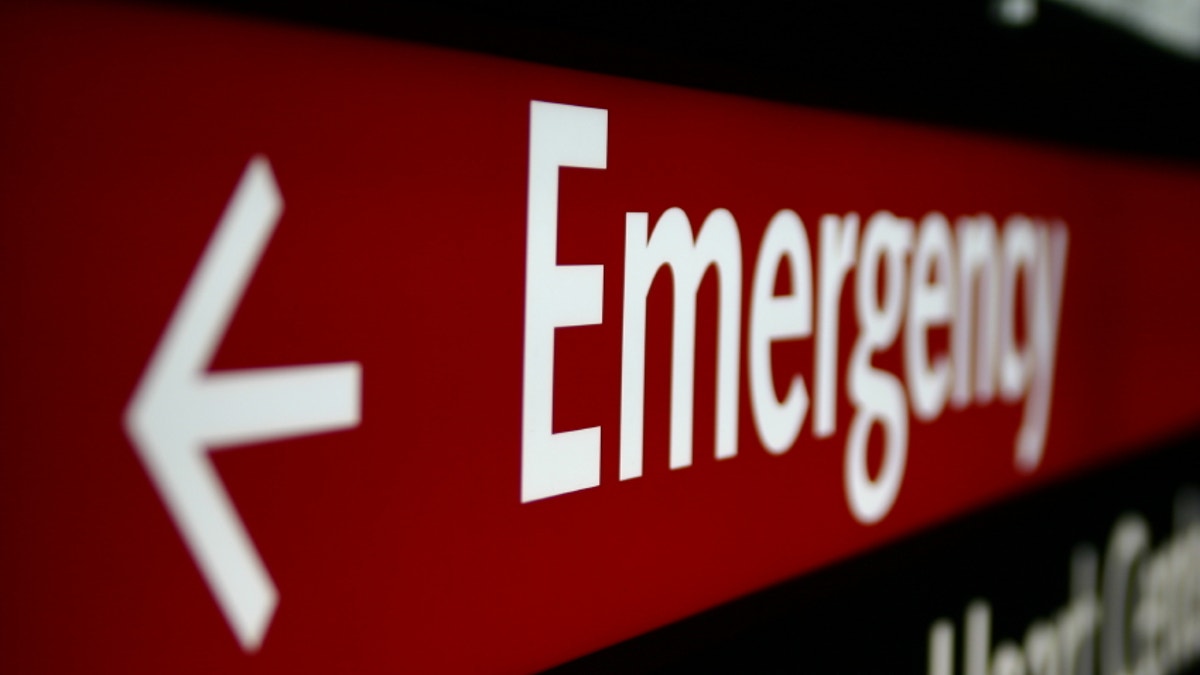
Emergency room doctors are seeing more and more kids for mental health problems, and many of them are uninsured, researchers said at the annual conference of the American Academy of Pediatrics in Boston.
A study found that between 1999 and 2007, 279 million children went to U.S. emergency departments. Over that period, the proportion of visits caused by mental illness rose from 2.4 percent to three percent.
Underinsured children accounted for as many as 54 percent of the psychiatric emergencies in 2007, up from 46 percent in 1999, Dr. Zachary E. Pittsenbarger and his team concluded based on data from the National Hospital Ambulatory Medical Care Survey.
"Often these patients have limited outpatient options for their continuity of care for psychiatric or mental health indications, and my belief is that that's why they're coming into the emergency department," Pittsenbarger, of Children's Hospital Boston, told Reuters Health.
This past June, another group of researchers from Pittsenbarger's hospital reported that when children and adolescents show up in urban emergency departments for psychiatric care, those with problems severe enough to require hospital admission often become "boarders" in the emergency room.
A third of the young patients in the study who needed to be hospitalized for psychiatric emergencies couldn't go promptly to a psychiatric unit. Instead, they had to wait - and half of them waited more than 21 hours. Some of them stayed in the emergency room, and others were moved to non-psychiatric wards in the hospital until a bed in a psychiatric unit became available, Dr. Elizabeth Wharff and her colleagues reported in the journal Pediatric Emergency Care.
Why do children end up coming to the emergency department for psychiatric help? "It is not because they feel that this is the best place for care, it's because they have no other options. They're at the end of their rope," Pittsenbarger said.
"I'd like to shine a light on the fact that these people are coming in with increasing frequency all the time," he added. "Hopefully we will be able to alert people to the fact that, for so many people in this country, the options for good mental health care just do not exist."
